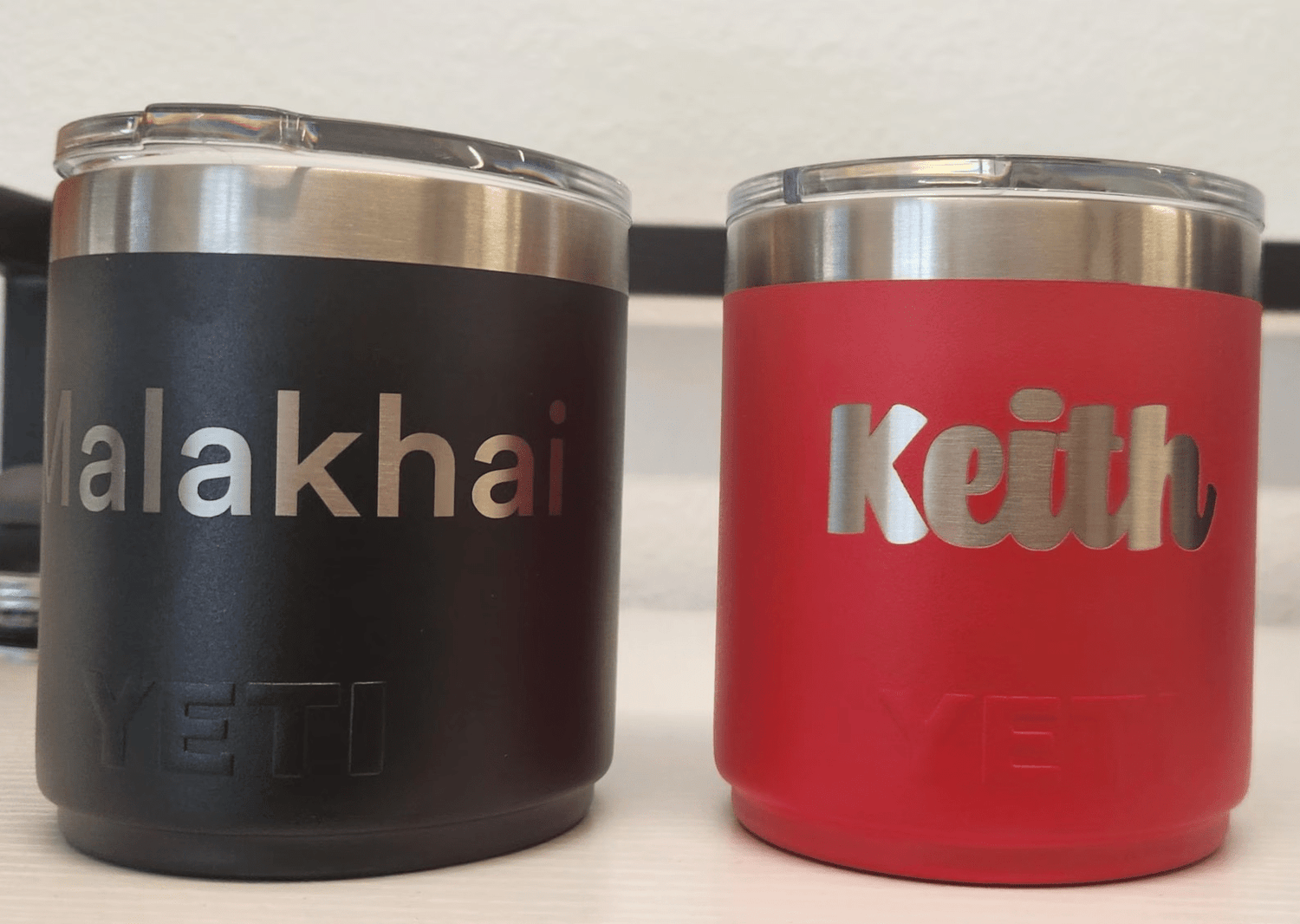Promotional products have long been an essential tool in the marketing arsenal of businesses worldwide. But have you ever wondered why these branded items are so effective in driving customer engagement and loyalty? The answer lies in the fascinating world of psychology. In this blog post, we'll explore the psychological principles behind the effectiveness of promotional products, such as the power of reciprocity, the mere exposure effect, and the influence of social proof. By understanding these principles, businesses can make smarter choices when selecting promotional items and create impactful marketing campaigns that resonate with their target audience.
- The Power of Reciprocity
Reciprocity is a deeply ingrained human tendency to return favors or gifts in kind. When people receive a gift, they often feel a sense of obligation to reciprocate the gesture, leading to a more positive attitude toward the giver. Promotional products tap into this powerful psychological trigger by creating a sense of indebtedness among recipients, who are then more likely to engage with the brand or make a purchase in return.
- The Mere Exposure Effect
The mere exposure effect is a psychological phenomenon where people develop a preference for things simply because they are familiar with them. By repeatedly exposing your target audience to your brand through promotional products, you can create a sense of familiarity and comfort that leads to increased brand recognition and preference. The more your customers see and interact with your branded items, the more likely they are to develop positive associations with your business.
- The Influence of Social Proof
Social proof is the idea that people tend to follow the actions of others, especially when they are uncertain about what to do in a particular situation. In the context of promotional products, social proof can be leveraged by showcasing how others are using and enjoying your branded items. For example, sharing testimonials, reviews, or images of customers using your promotional products can encourage others to join in and engage with your brand. Additionally, by distributing promotional items that are visible and functional, you can create a subtle form of social proof, as people see others using and enjoying your branded products.
- The Endowment Effect
The endowment effect is a cognitive bias that causes people to ascribe more value to things they own than to identical items they don't possess. When customers receive promotional products, they may develop a sense of ownership and attachment to these items, leading to an increased perceived value. As a result, customers are more likely to engage with your brand and view your products or services more favorably.
- The Principle of Scarcity
Scarcity is a powerful psychological principle that drives people to desire things more when they perceive them to be in limited supply. By offering limited-edition promotional products or creating a sense of urgency around your promotional campaigns, you can tap into this principle and create a heightened sense of demand for your branded items.
In conclusion, the effectiveness of promotional products lies in their ability to tap into various psychological principles that drive human behavior. By understanding and leveraging the power of reciprocity, the mere exposure effect, social proof, the endowment effect, and the principle of scarcity, businesses can make more informed decisions when selecting promotional items and create marketing campaigns that resonate with their target audience. By harnessing the science of promotional products, businesses can drive customer engagement, foster brand loyalty, and ultimately, achieve greater success in their marketing efforts.




